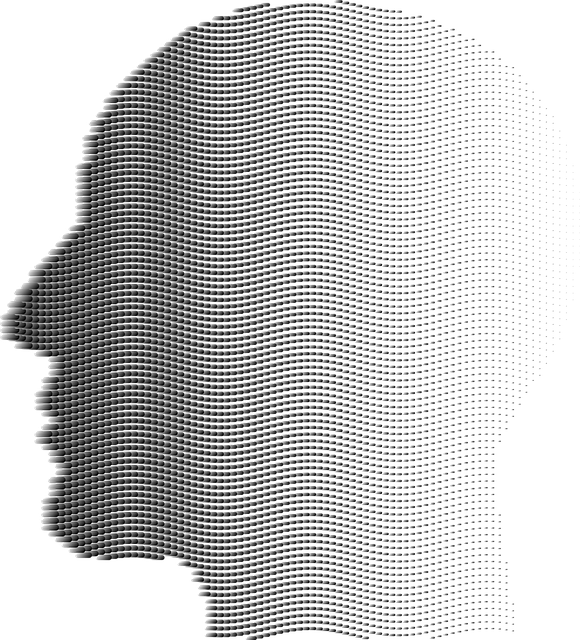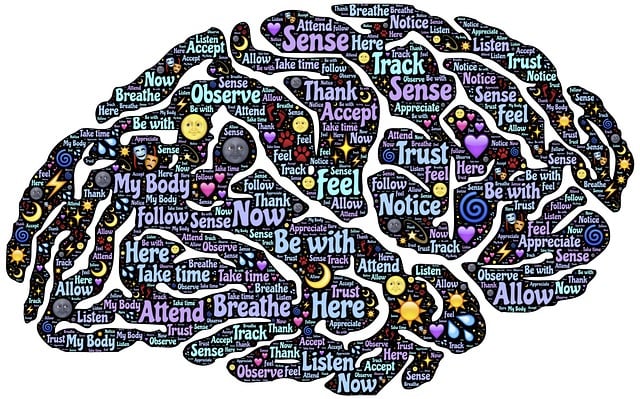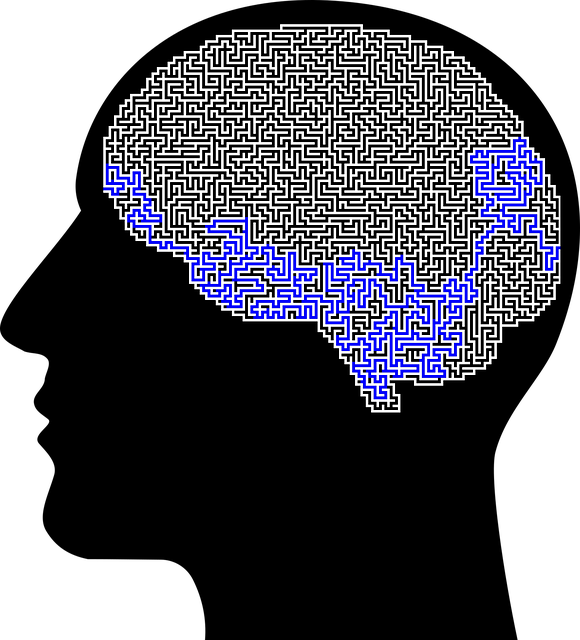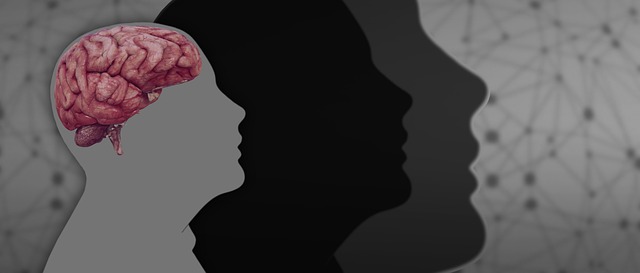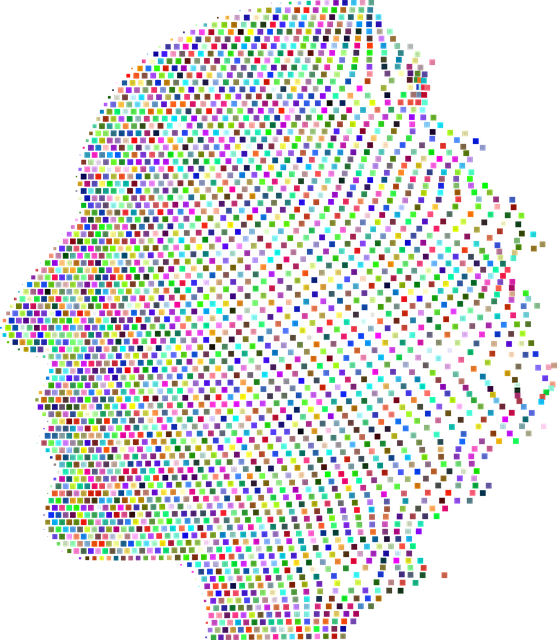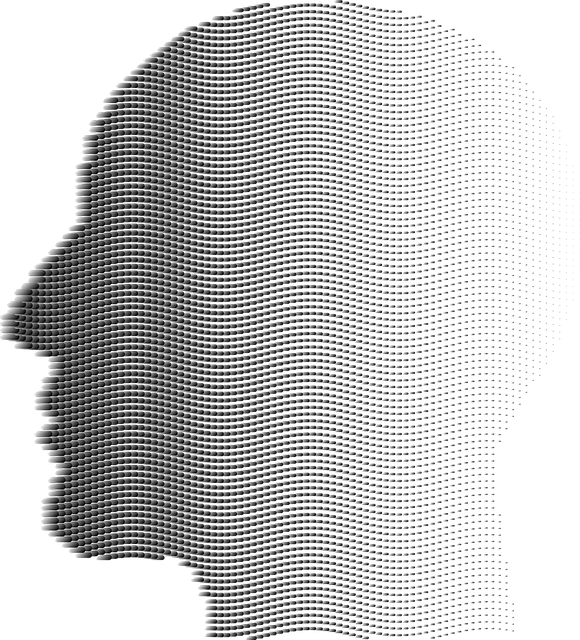Centennial Independent Medical Evaluations (CIMEs) offer a personalized, holistic approach to diagnosing mental illnesses accurately. By combining therapy sessions with journaling exercises, coping strategy guidance, and inner strength development, CIMEs enhance diagnosis accuracy and empower individuals to manage their mental health effectively. This method mitigates biases from therapeutic relationships and fosters positive thinking, ultimately leading to better patient outcomes in therapy. Integrating advanced technology and evidence-based practices, CIMEs provide comprehensive assessments tailored to individual needs, driving the field towards precise diagnoses and effective treatment interventions.
Mental illness diagnosis accuracy is a critical aspect of patient care, yet it remains challenging. This article explores various efforts aimed at enhancing diagnostic precision, focusing on independent medical evaluations (IMEs), integrating therapy and assessment, advanced evaluation tools, and cultural sensitivity. By delving into these key areas, we uncover strategies that can lead to more effective treatment plans, such as Centennial Independent Medical Evaluations that prioritize patient-centered care.
- Understanding the Challenges of Mental Illness Diagnosis
- The Role of Independent Medical Evaluations (IMEs)
- Integrating Therapy and Assessment for Accurate Diagnoses
- Utilizing Advanced Tools and Techniques for Evaluation
- Ensuring Cultural Sensitivity and Patient-Centered Care
Understanding the Challenges of Mental Illness Diagnosis

Diagnosing mental illnesses accurately is a complex task due to their intricate nature and often subtle symptoms. The process involves sifting through a vast array of possible conditions, each with its unique set of manifestations, which can be challenging even for seasoned professionals. Many factors contribute to this complexity, including individual differences in experiences, cultural influences on expressing emotions, and the comorbidity of disorders. This intricate web of variables demands a nuanced approach, one that considers not just symptoms but also personal histories and environments.
Centennial Independent Medical Evaluations (CIMEs) play a pivotal role in addressing these challenges. By providing comprehensive therapy sessions, CIMEs offer an opportunity for individuals to explore their mental wellness through journaling exercises, guidance on effective coping strategies, and inner strength development. This personalized approach not only enhances diagnosis accuracy but also empowers individuals with the tools to manage their mental health effectively, fostering a more holistic understanding of mental wellness.
The Role of Independent Medical Evaluations (IMEs)

Mental health professionals are increasingly recognizing the importance of accurate diagnoses to effectively treat patients and improve their quality of life. One significant tool in this effort is the implementation of Independent Medical Evaluations (IMEs). These evaluations, often conducted by neutral third-party experts, play a crucial role in ensuring the precision and validity of mental illness diagnoses. By providing an unbiased perspective, IMEs help to mitigate potential biases that may arise from therapeutic relationships, thereby enhancing the overall reliability of diagnostic processes.
In the context of Centennial Independent Medical Evaluations, therapy benefits significantly from this external assessment. It offers a comprehensive review of a patient’s symptoms, medical history, and psychological well-being. This thorough examination not only aids in accurate diagnosis but also serves as a valuable risk management planning tool for mental health professionals. Moreover, by promoting positive thinking and depression prevention strategies, IMEs contribute to a holistic approach that addresses both the current illness and potential future relapses, ultimately fostering better patient outcomes.
Integrating Therapy and Assessment for Accurate Diagnoses

Integrating therapy and assessment is a powerful strategy to enhance mental illness diagnosis accuracy. Traditional methods often rely solely on patient self-reporting and standardized questionnaires, which can be limited in their ability to capture the complexity of psychological conditions. By incorporating therapeutic sessions into the evaluation process, healthcare providers gain valuable insights into an individual’s thought processes, emotions, and behaviors. This holistic approach enables a more nuanced understanding of symptoms, leading to precise diagnoses.
Centennial Independent Medical Evaluations recognize the importance of therapy in mental health assessment. Therapists play a crucial role in facilitating open dialogue, encouraging self-reflection, and promoting positive thinking. Such sessions can help patients improve their self-esteem, gain new perspectives, and develop coping mechanisms. Additionally, healthcare providers can use these interactions to identify underlying issues that may impact diagnosis and treatment planning. This integrated model not only enhances diagnostic accuracy but also fosters a supportive environment for individuals navigating mental health challenges.
Utilizing Advanced Tools and Techniques for Evaluation

In the pursuit of enhancing mental illness diagnosis accuracy, a significant shift has occurred towards leveraging advanced tools and techniques within the medical evaluation process. Centennial Independent Medical Evaluations (CIMEs) have become a pivotal component in this evolution, offering comprehensive assessments that go beyond traditional methods. By integrating cutting-edge technology and evidence-based practices, CIMEs provide more nuanced insights into an individual’s mental health status. This approach not only improves diagnostic clarity but also ensures personalized therapy plans tailored to unique needs.
Complementing these evaluations are initiatives like Stress Management Workshops organized by various organizations, which equip individuals with valuable coping strategies. Additionally, empathy building strategies have gained prominence as essential tools for fostering therapeutic alliances, enhancing patient-provider communication, and ultimately improving mental health outcomes. These integrated efforts collectively drive the field towards more precise diagnoses and effective treatment interventions.
Ensuring Cultural Sensitivity and Patient-Centered Care

In the pursuit of enhancing mental illness diagnosis accuracy, a significant aspect involves ensuring cultural sensitivity and patient-centered care. This is crucial as mental health services must be adaptable to the diverse backgrounds and experiences of individuals seeking therapy. A holistic approach recognizes that every patient’s journey with mental illness is unique, shaped by their cultural identity, socioeconomic factors, and personal history.
Centennial Independent Medical Evaluations play a vital role in this context by fostering compassion cultivation practices within healthcare settings. By integrating Stress Management Workshops and introducing effective Stress Reduction Methods, evaluators can create a safe and supportive environment. This patient-centered care approach not only facilitates accurate assessments but also empowers individuals to navigate their mental health journeys with resilience and understanding.
Accurately diagnosing mental illness is a complex process that requires a multifaceted approach. By integrating independent medical evaluations, therapy, advanced assessment tools, and culturally sensitive care, we can significantly improve diagnosis accuracy. These efforts not only enhance patient outcomes but also foster a more inclusive and effective mental health landscape. In the pursuit of better understanding and treating mental illnesses, continuing to innovate and prioritize patient-centered care is essential.
